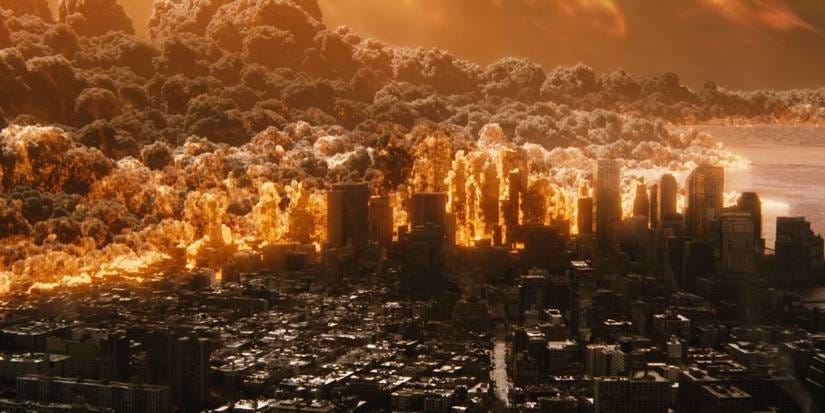💀 The paradox of p(doom): Why doomer talk makes policy action less likely
Paralysis by apocalyptic analysis

My fellow pro-growth/progress/abundance Up Wingers,
It’s always something, especially in the 21st century, am I right? The modern age offers no shortage of material for diehard doomers.
Some computer scientists warn that artificial intelligence could soon surpass human capabilities and turn against its carbon-based creators — whether through accident, malice, or simple misalignment with human values. (Among the most alarmed are those who obsess over “p(doom),” the probability that advanced AI ends in civilizational collapse.)
Some climatologists fret about tipping points that could trigger unstoppable warming. Melting ice caps could reduce the Earth's ability to reflect sunlight, while thawing permafrost belches methane into the atmosphere.
The specter of nuclear war between major powers looms larger than it has in decades.
And some epidemiologists caution that the next pandemic could make Covid-19 look like nothing more than a nasty flu outbreak.
These myriad threats join the usual suspects — asteroid strikes, supervolcanoes, and other natural mega-disasters — in what has become a veritable cacophony of catastrophism.
When warnings backfire
Yet a new paper by economists Jakub Growiec and Klaus Prettner argues that such stark warnings from (mostly) well-meaning, earnest experts, however accurate, may not achieve their intended effect. “The Paradox of Doom: Acknowledging Extinction Risk Reduces the Incentive to Prevent It” suggests that highlighting extinction risk paradoxically reduces humanity’s willingness to act against it. The greater the danger appears, the more impatient people become. (In economics talk, extinction risk raises the discount rate, the tendency to value the present more than the future.)
Why invest in preventing tomorrow’s catastrophe when you may not be around to enjoy the benefits? YOLO!
Keep reading with a 7-day free trial
Subscribe to Faster, Please! to keep reading this post and get 7 days of free access to the full post archives.

